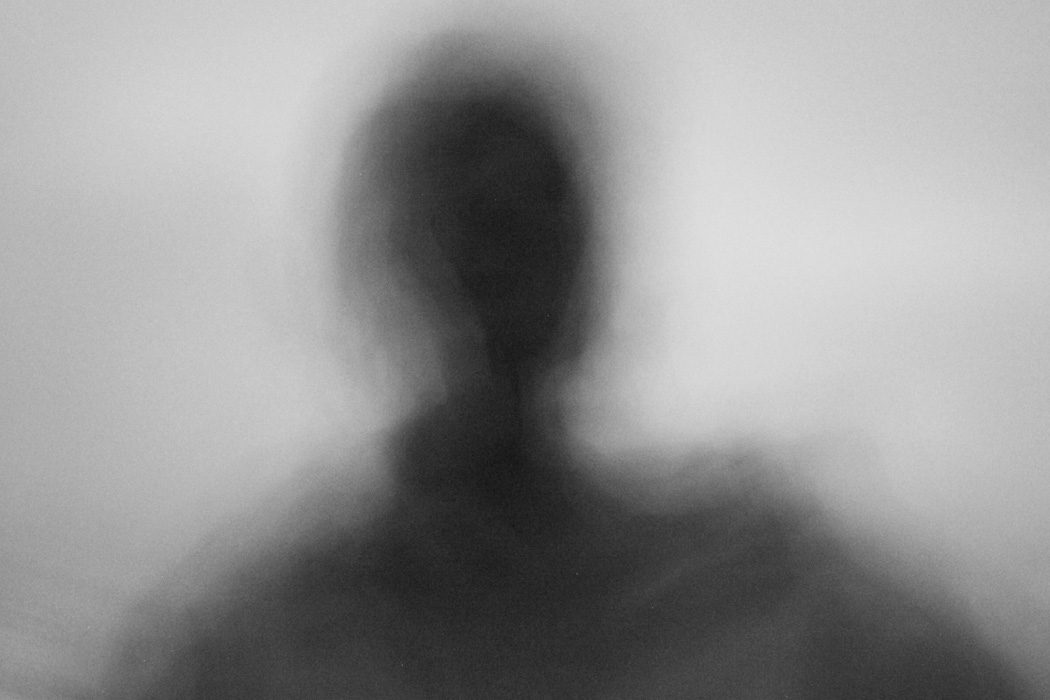I have birthed four children. Any mother will tell you that birth is a labor of love and insist that the memory of the struggle and pain quickly fade as you cradle your newborn and see the wonder of possibility.
My firstborn is almost 15, and his birth was the most difficult. We both struggled to bring him into the outside world, and with the help of a vacuum, fervent prayer from my family, and a shot of Demerol to my arm as he exited, we both collapsed in relief. I don’t remember much of those next hours. The drug had washed away most of my ability to feel or process anything, including the searing pain. He was listless and slow to respond and we spent many of the hours following his delivery in separate rooms.
The others came easier. I was now ‘fairly experienced’, and none of the others came close to the first’s size of more than nine pounds. But that hasn’t been the only difference. Mothering Samuel has been laborious from the start, and the pain and struggle of childbirth has been replaced with the pain and struggle of figuring out what has plagued him from such an early age.
Samuel was an easy baby—perhaps too easy. He nursed easily and quickly. He was content to be alone and wasn’t a huge fan of being carried around. He was curious and active, just as he was when he was nestled snugly under my ribs. As toddlerhood arrived, it brought a different child with it. Everyone holds fast to the terrible two’s as a rite of mothering passage, and I thought we had overachieved by reaching the milestone earlier than most. But as months passed, and my beautiful tow-headed boy with the eyes of sapphire slept less and less, I was painfully and exhaustedly aware.
After we passed the second birthday, more troubling behavior had begun. He would run away from me, he would hit himself or slam his body into hard surfaces, including my legs. He hit and spit, pulled fistfuls of my hair, and broke things. His quest for adventure seemed vastly out of proportion to his small stature, but everyone chalked it up to quintessential boy-ness.
Tantrums were part of our daily experience, and they could last for hours—violent, intense, frightening. Nothing I did would prevent them, soothe them, or predict them. I was broken. It had to be my fault. A dear friend gently told me on a pre-dawn walk that she thought something might be wrong. I was devastated, defensive, and destroyed. Nothing about motherhood was as I expected. I began the labor of fighting to be heard. I took him to the doctor over and over. As I described his challenging behavior, the doctor would watch my gorgeous boy rolling a matchbox car over the cold tiles. He met my eyes with his and told me he was simply a boy. I needed to be more firm, with time outs and spankings.
Defeated, I obliged. I spanked. I held Samuel in bear hugs for time out as leaving him to sit alone was laughable. I found myself laboring hours each day to keep us both safe. He would awaken in the night, not in tears or upset, but simply finished sleeping. He would wander the house, searching for food and playing with Lego. Living with a child who didn’t have the maturity for his struggle was exhausting. I was wrought with anxiety. Sleep was gathered in bits and pieces, and I sunk further into hopelessness.
The story stretches out, long and painful: hospital stays, scores of doctors and tests, therapies, homeopathic treatments, medications, diagnoses, prayer, anger, fear, grief. For years, I tried to steady a life raft in a violent storm while watching other mothers press past us in cruise liners. I felt like I was failing him. Others affirmed that idea, both in word and deed. I continued to break. Determined to release him and the rest of our family from agonizing hallucinations, violent rage, and frightening diatribes, I worked harder. I threw myself into researching everything I could think of. I tried new parenting approaches, read voraciously, cried gallons of tears and begged for answers. I was screaming at the top of my lungs for someone to hear me, validate our struggle, give me hope that we could be well. But no answers came.
At the age of eight, he was diagnosed with Asperger’s and ADHD. We began new medications, and one targeted specifically for aggression. Life eased a bit, never settling into the sunny normal that I seemed to see in other families, but one in which the thunder and lightning had abated, leaving only rain and dark clouds. Still, difficult years went on. His moods and ability to process life like his peers were glaringly different. In our home, away from the comparison of outsiders, we forged our own normal. But when laid bare next to the operations of other families, I was sliced open in grief anew, knowing our normal was anything but.
As we headed towards the teen years, I knew there must be more than autism spectrum and ADHD, but didn’t know where to turn. The raw truth is, I felt autism to be glamorized and more accepted than the run of the mill mental illness. As far as we have come in America, the label of mental illness drags along other tags such as ‘choice,’ ‘bad behavior,’ ‘delinquent,’ and my personal scarlet letter: ‘failed parenting.’ Clinging to the diagnosis of autism normalized us to the outside world by providing an explanation that was palatable to society.
But the differences grew. Samuel is brilliant, and sails through school by remembering details from teachers’ lectures. His imagination and artistic ability take my breath away, and I marvel at his skill of pulling pencils across sketch pads revealing his internal storytelling.
After another long winter stretch of thick, black depression seeping into his very bones, we were given in-home therapy. The support and counseling have been good for all of us, and the validation from professionals has been water to my weary soul. I wasn’t overly surprised when they pulled me aside to urge me to have another evaluation done. We were veterans of the psychiatry process, and while I’d left that behind in favor of specialized pediatricians to support the autism theory, I wasn’t against wading back into those waters to put him in front of fresh eyes.
The day of the results appointment I wasn’t expecting much. I’d worked so hard, for so many years and would fling my hopes for help into the clouds, only to crash to earth when no one could explain what we were up against. But this time was different. This time the neuropsychologist looked into my soul and gently and compassionately gave me her diagnoses. Two of them. Both mental illnesses. Neither one ADHD nor autism.
She asked how I felt. If I was okay. I blinked. I was okay. I had labored under the grief of the unknown for so many years, and this fit. It’s not the answer I would have chosen, but I’ve learned life doesn’t often weave tidy and simple patterns. It gouges, scrapes, tenderizes you and sloughs off places of pride, judgement, and ugliness. She told me the diagnoses were rare, especially in one so young, but that he had done so well because of how hard I’d worked to help him. I shook my head to clear the fog and stared in disbelief. She continued. For many children with these struggles, institutionalization becomes the answer for families who can’t handle it.
“Heather.” She spoke straight to my broken and tired soul. “You have done an incredible job. He’s doing well because of you.”
Could it be? Could the laborious process of searching for answers have brought us to this moment of clarity and focus? She asked again if I was okay, and asked if I needed a hug. No, I shook my head. As bizarre as this may sound, I heard myself say: I’m relieved. Affirmed. Grateful. Now we know. Now we can focus our attention in the places most beneficial to my incredible man-child. Now I can salvage the years he has left under my roof with affirmation, guilt-free parenting, and support. The labor of desperation—to be heard, for answers, and the work of defending myself to others and most devastatingly, to my own self—has suddenly shifted to laboring in hope, pressing into the ugly stigma of mental illness that wounds those who bear its weight. I felt like we were a shining light for other families drowning in the storms we’ve weathered, throwing out the net of ‘me, too’ to families who grieve behind closed doors without GoFundMe pages or prayer vigils for their children’s illnesses.
Laboring for my firstborn has been the most painful, gut-wrenching work of my life. And yet I hold tight to the belief that nothing is wasted. Our experience isn’t unique, and if he and I can work to support hurting families, I can rest peacefully knowing our labor can birth hope.




